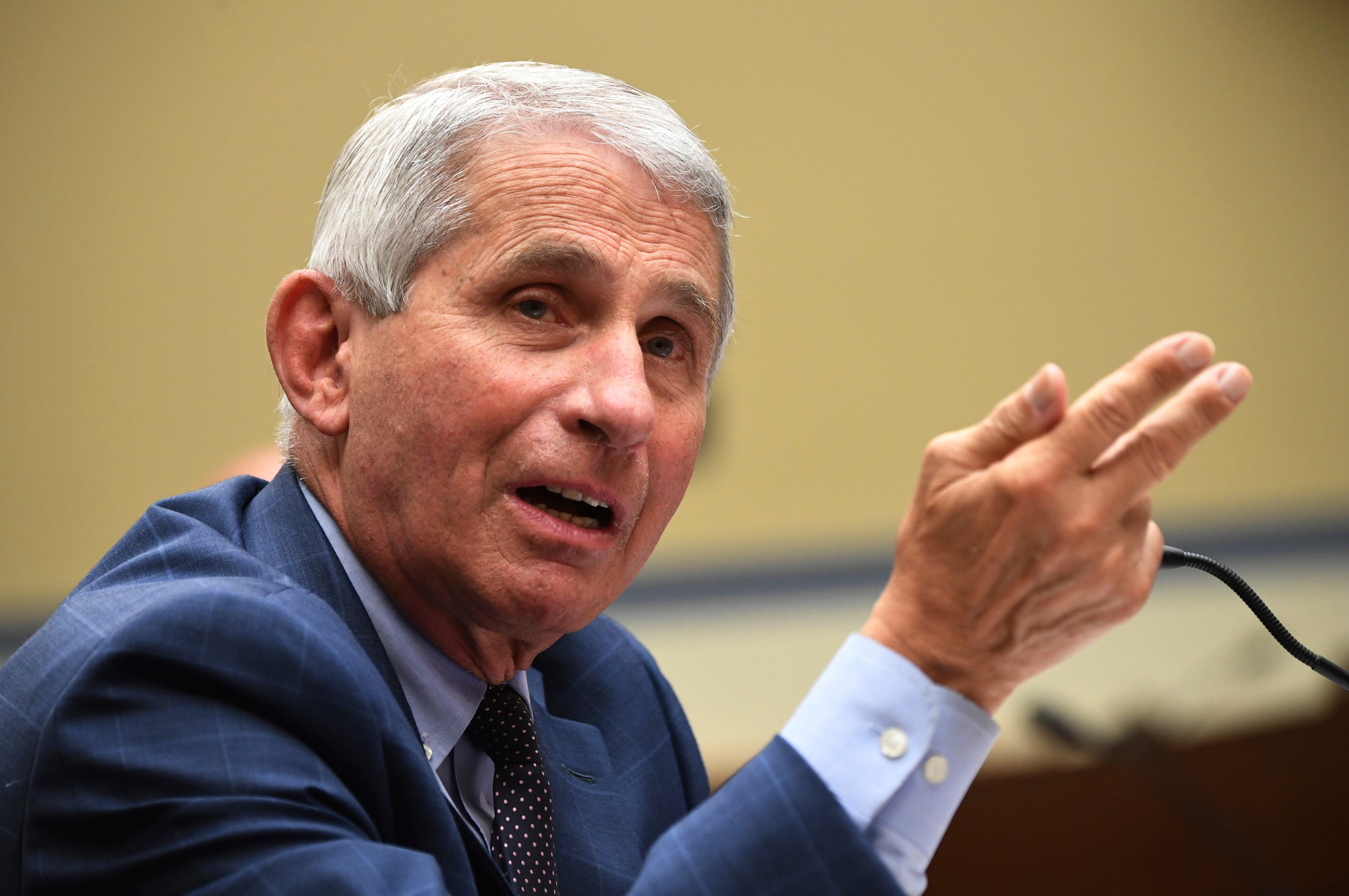By Lauran Neergaard
The top U.S. infectious disease expert said AstraZeneca's suspension of final testing of its COVID-19 vaccine candidate shows "one of the safety valves" built into the studies to spot any potential problems.
"It's unfortunate that it happened and hopefully they'll be able to proceed along with the remainder of the trial. But you don't know — they need to investigate it further," Dr. Anthony Fauci, infectious diseases chief at the National Institutes of Health, told "CBS This Morning" on Wednesday.
Late Tuesday, AstraZeneca announced its final-stage studies are on temporary hold while the company investigates whether a research volunteer's "potentially unexplained illness" is a side effect of the shot or a coincidence.
Behind-the-scenes monitors known as the "data and safety monitoring board" in Britain paused vaccinations while alerting its safety counterparts in the U.S., said Dr. Moncef Slaoui of Operation Warp Speed, the Trump administration's vaccine development program.
Late last month, AstraZeneca began recruiting 30,000 people in the U.S. for its largest study of the vaccine. It also is testing the vaccine, developed by Oxford University, in thousands of people in Britain, and in smaller studies in Brazil and South Africa.
Scientists around the world have been scrambling to develop a vaccine against the coronavirus since the pandemic began. Nearly 900,000 deaths have been reported in the pandemic.
An AstraZeneca spokesperson confirmed the pause in vaccinations covers studies in the U.S. and other countries. The company would not provide further details of the illness.
Earlier stage studies of the vaccine hadn't revealed any serious side effects.
"It's important to point out that that's the reason why you have various phases of trials, to determine if in fact these candidates are safe," Fauci said. "It's really one of the safety valves you have on clinical trials such as this."
Nor is it uncommon for pauses in research to investigate if a reaction is really related to the vaccine or not, he said.
"I'm not concerned. I simply think is how research works and what we want research to be doing," said Dr. Carlos del Rio of Emory University, who isn't involved with the AstraZeneca testing, told reporters Wednesday.
Two other vaccines are in huge, final-stage tests in the United States, one made by Moderna Inc. and the other by Pfizer and Germany's BioNTech. Those two vaccines work differently than AstraZeneca's, and the studies already have recruited about two-thirds of the needed volunteers.
The development came the same day that AstraZeneca and eight other drugmakers issued an unusual pledge, vowing to uphold the highest ethical and scientific standards in developing their vaccines.
The announcement follows worries that President Donald Trump will pressure the U.S. Food and Drug Administration to approve a vaccine before it's proven to be safe and effective.
The U.S. has invested billions of dollars in efforts to quickly develop multiple vaccines against COVID-19. But public fears that a vaccine is unsafe or ineffective could be disastrous, derailing the effort to vaccinate millions of Americans.
___
The Associated Press Health and Science Department receives support from the Howard Hughes Medical Institute's Department of Science Education. The AP is solely responsible for all content.









